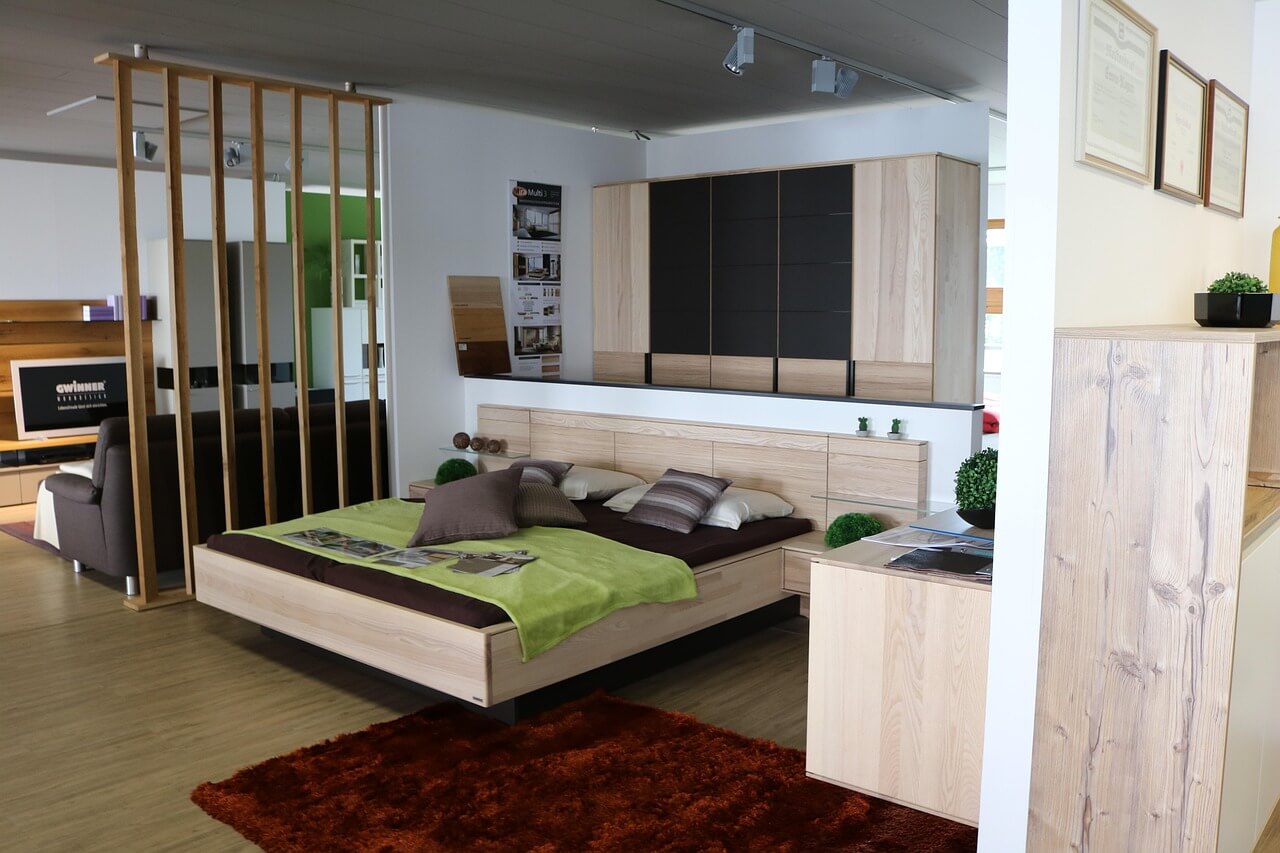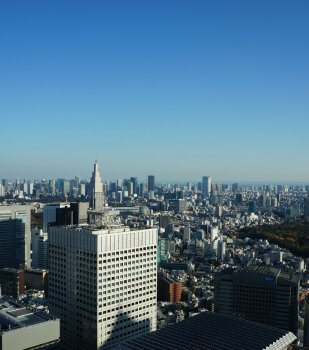If you’re planning a long-term assignment in Japan, understanding local apartment etiquette is essential for a smooth transition. Many expats find themselves confused by cultural norms and housing rules unique to Japan.
In this article, we’ll explain the benefits of following Japanese apartment etiquette and introduce the most important customs every expat should know.
By understanding the deep cultural roots behind these practices, you’ll be able to enjoy a more comfortable and respectful life in Japan.
Why Following Japanese Apartment Etiquette Matters

Adhering to Japanese apartment etiquette helps you build strong relationships with neighbors and live peacefully without unnecessary conflict.
These practices are deeply connected to Japanese cultural values such as:
- Respect for rules and community harmony
- Consideration for others
- Avoiding causing inconvenience to others
When you understand and follow these norms, neighbors are more likely to trust and accept you, helping you create a pleasant living environment.
Apartment Etiquette Every Expat Should Know in Japan

Here are the key apartment etiquette rules that expats in Japan should be aware of:
- Be mindful of noise
- Respect relationships with neighbors
- Follow local garbage disposal rules
- Obey smoking restrictions
- Always remove shoes indoors
- Collect packages from delivery lockers promptly
- Contact the landlord if you lose your keys
- Don’t flush inappropriate items in the toilet
- Don’t store personal belongings in shared spaces
- Get permission to have pets or play musical instruments
- Do not renovate or repair fixtures without approval
- Don’t increase the number of occupants without consent
- Never sublet your apartment without permission
Let’s look at each in more detail.
Be Mindful of Noise
In Japanese apartments, it’s important to be conscious of how sound travels between neighboring and upstairs/downstairs units. Here are some general noise etiquette guidelines:
- Keep TV and music volume moderate
- Avoid shouting or loud arguments
- Close doors gently
- Refrain from playing musical instruments
- Don’t use washers or vacuums during early mornings or late nights
- Keep conversations quiet at night
If you have young children, be aware that jumping or running indoors can lead to noise complaints from neighbors below. Using padded mats or rugs can help reduce impact noise.
Additionally, many residents enjoy hosting home parties, but it’s important to ensure that laughter and conversations do not disturb others, especially at night.
Some people may also consider barbecuing on the balcony, but most apartment buildings in Japan prohibit open flames on balconies due to fire safety regulations—be sure to check your building’s rules in advance.
In general, be especially careful about noise during nighttime hours, and keep voices and sounds to a minimum when guests visit your home.
Respect Relationships with Neighbors
While deep friendships are not expected, basic courtesy is important:
- Greet neighbors when you see them
- Avoid prying into their private lives
In Japan, mutual respect is shown through polite greetings and maintaining appropriate distance—being friendly without being intrusive.
Follow Local Garbage Disposal Rules
Garbage disposal in Japan is highly regulated and varies by district. Check the following:
- Garbage sorting guidelines
- Collection days and times
- How to dispose of oversized items
- Approved garbage bags for your area
Some apartment buildings allow 24-hour garbage disposal, so be sure to confirm specific rules with your building.
Obey Smoking Restrictions
Smoking indoors or on balconies may be prohibited in some buildings.
For example, if your lease includes a “no smoking in common areas” clause, that usually extends to balconies. Even without explicit rules, avoid smoking where smoke may affect your neighbors.
Always Remove Shoes Indoors
In Japan, it’s customary to remove your shoes at the entrance.
This stems from cultural values that emphasize cleanliness and noise reduction, especially for those living below you.
Collect Packages Promptly from Delivery Lockers
If your building has parcel lockers, retrieve your deliveries as soon as possible.
These lockers are shared among residents, and leaving items inside for too long can inconvenience others.
Contact the Landlord If You Lose Your Keys
If you misplace your keys:
- File a lost property report at the nearest police box (koban)
- Contact your landlord or property manager
Do not change the locks without permission. Key replacements require the landlord’s approval and may involve additional procedures.
Don’t Flush Inappropriate Items in the Toilet
Only flush toilet paper and bodily waste. Do not flush:
- Food waste
- Diapers or sanitary products
- Tissue or paper towels
- Pet litter
- Plastic or vinyl bags
Flushing these items can lead to serious plumbing problems.
Don’t Store Personal Items in Shared Areas
Areas such as:
- Entrances
- Hallways
- Staircases
…are considered shared property. Leaving belongings in these spaces can block evacuation routes during emergencies and is strictly prohibited.
Balconies allow for limited personal use, but avoid placing large items that could obstruct emergency exits.
Get Permission for Pets or Musical Instruments
If you wish to keep a pet or play musical instruments, check with your landlord first.
These activities often require special permission because they can cause noise, odor, or property damage. Many Japanese rentals prohibit them outright, so communicate with your real estate agent beforehand.
Don’t Renovate or Repair Without Approval
You may not:
- Drill or hammer nails into walls
- Repaint or re-wallpaper rooms
- Fix appliances or fixtures on your own
Always report issues to your landlord or management company. Unauthorized repairs or alterations are usually forbidden.
Don’t Increase Occupants Without Consent
Japanese rental contracts require listing all residents by name. Increasing the number of occupants without notice could void your fire insurance or breach your lease agreement.
Notify your landlord or property manager if someone will move in with you.
Never Sublet Without Permission
Subletting your apartment to someone else without permission is prohibited under Japanese civil law.
It can cause serious legal issues if problems arise during the other party’s stay. Always obtain written approval if you plan to share your unit.
Conclusion: Japanese Apartment Etiquette for a Peaceful Expat Life

If you’re preparing to move to Japan and searching for an apartment, understanding local housing etiquette will help ensure a smooth and pleasant experience.
If you’re looking for a high-end rental in Tokyo, we recommend Asian Property’s APARTMENTS TOKYO, which specializes in luxury rentals for expats.
We offer premium listings across Tokyo’s top neighborhoods and provide full support in English, including property recommendations, neighborhood guides, and commuting insights.
Feel free to reach out for personalized assistance in finding your ideal home in Tokyo.
Schedule a Free Consultation or Property Viewing
→ Contact Form
Receive Exclusive Property Updates & Special Campaigns
→ Newsletter Signup









